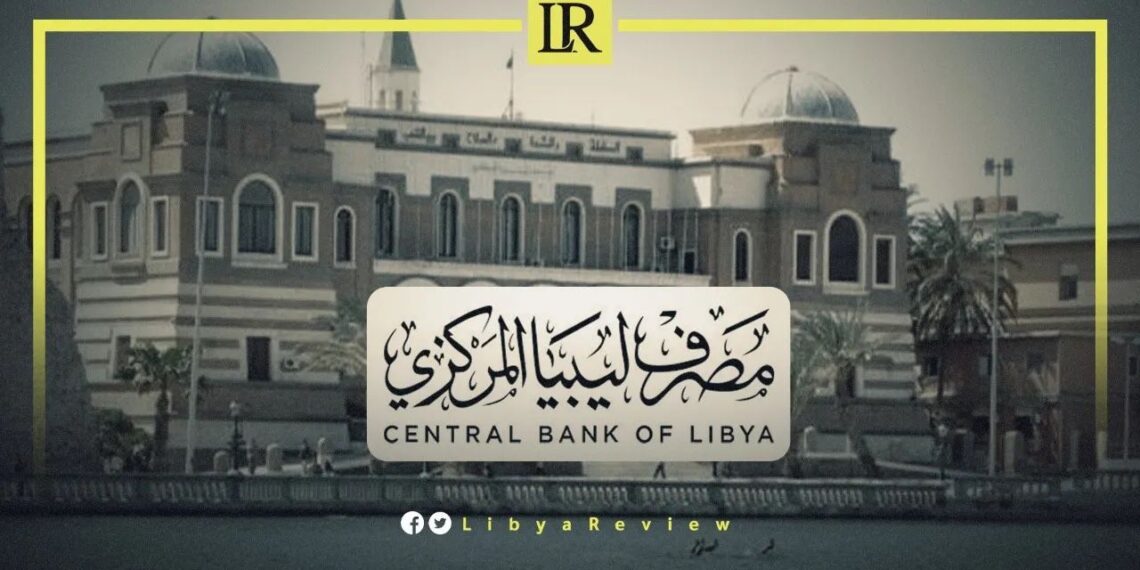On Thursday, the Central Bank of Libya (CBL) announced a budget surplus, totaling 4.6 billion Libyan dinars, for the period from January 1 to October 31, 2024.
During this period, revenues reached 81.9 billion dinars, while expenditures amounted to 77.3 billion dinars. The report highlighted effective fiscal management by Libya’s central institutions, even as the country faces economic challenges.
The figures underscore the CBL’s ability to balance revenues against expenditures, with oil sales accounting for the majority of income. However, the bank also reported a foreign currency deficit of $3.8 billion, reflecting an imbalance between foreign currency revenue and spending.
Libya’s economy continues to depend heavily on oil, which remains the primary revenue source. Oil sales contributed 67.8 billion dinars to the budget, complemented by 11.6 billion dinars from oil royalties. Non-oil revenues, including tax income and customs duties, also contributed to the revenue, though they remain relatively small compared to oil income.
In total, Libya’s non-oil revenue amounted to around 2.5 billion dinars, highlighting the country’s reliance on oil exports and the continued importance of diversifying income sources.
Expenditure was largely focused on public sector salaries, which absorbed 48.6 billion dinars. Additional significant allocations included 12 billion dinars for subsidies and 6.7 billion dinars for financial arrangements with the National Oil Corporation (NOC), underscoring the government’s commitment to maintaining essential services and infrastructure.
The budget allocated 3.1 billion dinars to the General Electricity Company, reflecting ongoing efforts to stabilize the country’s electricity sector, which has faced interruptions and service gaps in recent years. Expenditure on development projects remained relatively modest, with 325 million dinars directed towards investment initiatives within the budget and an additional 10 billion dinars sourced from deposits and trust funds for larger-scale development goals.
These include projects targeting the eastern region, which received an earmarked $950 million for infrastructure and economic improvements, as Libya seeks to ensure balanced regional growth and address long-standing disparities.
The report also sheds light on Libya’s foreign currency situation, with the CBL recording $16.5 billion in foreign currency income, including $2.4 billion from oil royalties. However, foreign currency spending reached $20.3 billion, resulting in a $3.8 billion deficit. This foreign currency shortfall reflects Libya’s reliance on imports and highlights challenges in maintaining a balanced foreign exchange.
Furthermore, the bank noted a sharp decline in domestic revenue from fuel derivatives, which amounted to just 61.6 million dinars, suggesting potential inefficiencies or a decline in domestic fuel consumption that may warrant further investigation.
These mixed financial results come as Libya continues to face economic recovery challenges following years of conflict and political instability.


